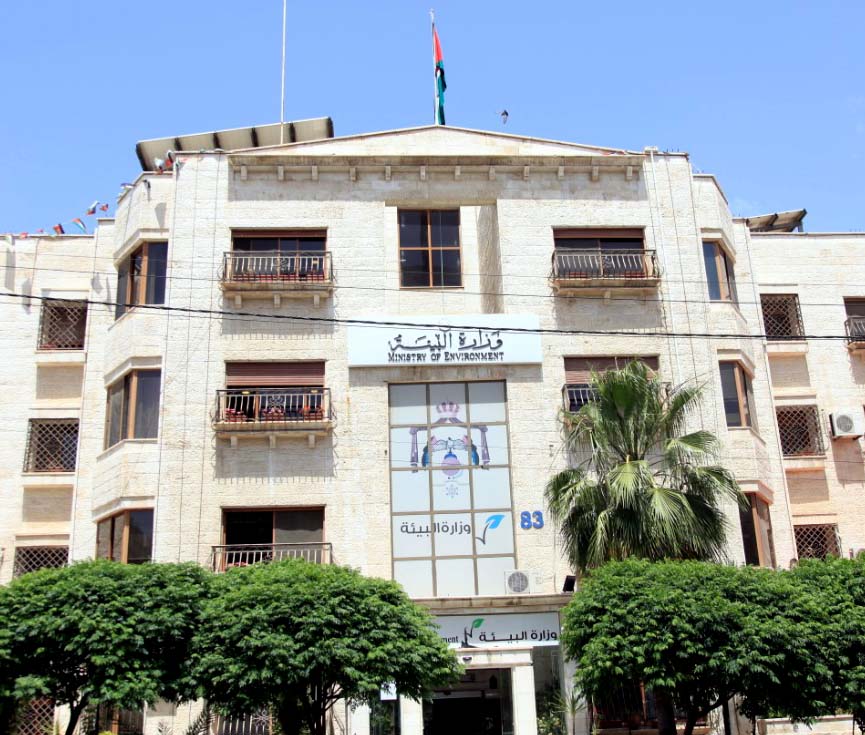- Local News
- Friday-2024-11-15 | 08:17 pm

Nayrouz News Agency :
At the 29th Climate Conference (COP29), which was held in Baku, the capital of Azerbaijan, the Ministry of Environment announced the start of measures to improve climate resilience.
The programs are part of the Climate and Refugee Nexus Initiative, which was introduced at the 27th Conference of the Parties (COP27) by His Majesty King Abdullah II.
The International Water Management Institute (IWMI) will carry out the JAHEZ project, which was announced in collaboration between Jordan and the United Kingdom. Its goal is to improve climate resilience in refugee host communities and prepare future projects that qualify for international funding by implementing a number of small projects in the northern Jordanian governorates. The project's goal is to make these communities more capable of facing the consequences of climate change.
Additionally, a new preparedness project was introduced to promote and increase the private sector's ability to invest in climate change response initiatives, and a program was started to increase private sector involvement in climate finance. The program, which is a partnership between the Global Green Growth Institute (GGGI) and the Islamic Development Bank (IsDB), intends to encourage private sector investments in climate finance in the area. Under Jordan's leadership, it is the first regional preparation initiative for Iraq, Lebanon, Palestine, and the Sultanate of Oman to receive funding from the Green Climate Fund.
In this regard, during a panel discussion at the conference, Environment Minister Dr. Muawiyah Radaideh talked about the difficulties facing nations most at risk from climate change with his peers and international attendees. Praising the cooperation of the United Kingdom and other international parties, Radaideh emphasized the significance of international partnerships and climate finance to help Jordan meet its climate targets, particularly given that it is hosting a high number of refugees.
In order to achieve sustainable development goals and boost the region's green economy, he emphasized the significance of establishing a program to increase private sector investments in climate finance and enable it to effectively participate in climate projects through capacity building and facilitating access to sustainable financing. He also emphasized the value of knowledge transfer and fortifying regional partnerships.









